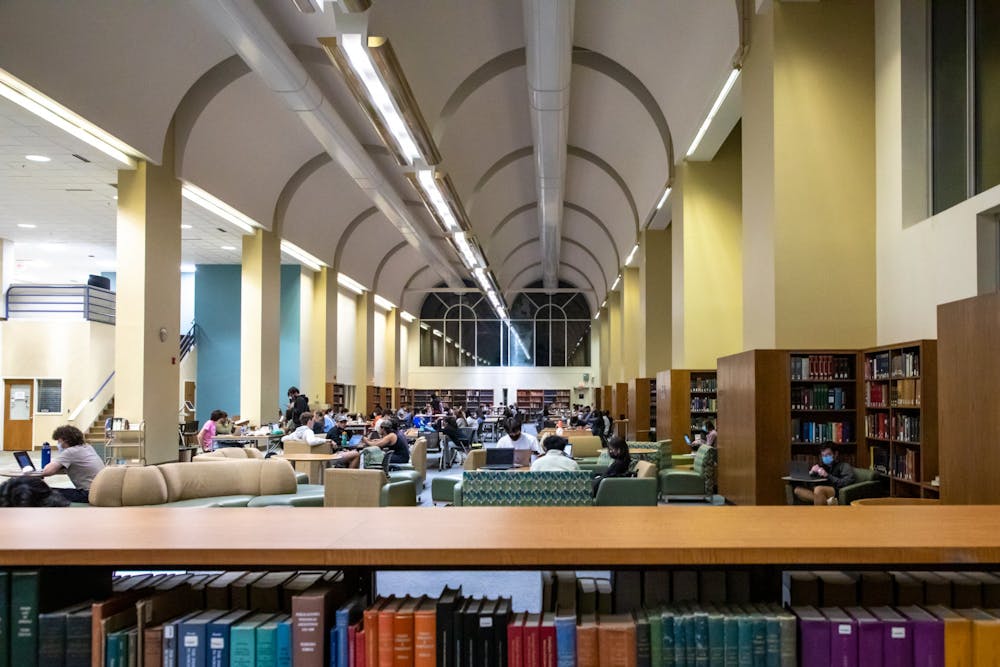I am operating on my third double-shot espresso of the day and it’s only 1 p.m. At the risk of sounding like one of those corny signs my mom would find at HomeGoods – coffee is life.
Jokes aside, I struggle most days to function without an extra energy boost. My backpack typically contains a Bang Energy or two (they’re not that gross once your stomach adapts to the acidity) and ibuprofen for when my caffeine-headache rears its ugly head around noon. Despite these measures, I often find myself fighting the urge to doze off as the day progresses.
Chronic fatigue has never been a stranger.
In high school, I went about each day functioning like a robot. I woke at 6 a.m. for a two-mile run. I stayed busy until midnight because of homework or tennis practice or debate tournaments or community service. Though I felt drained, my lingering exhaustion was manageable.
Then COVID-19 struck. My once-stellar work ethic began to suffer.
For the first time in my life, I struggled to complete basic tasks. Making my bed or washing my face in the morning became hard work. I scrolled through TikTok with my Zoom camera off during class. It took me hours to squeak out a single paragraph for my Common App essay or complete a one-page math worksheet for AP Statistics.
To make matters worse, I also experienced various life-altering changes during the pandemic. My father had extramarital affairs, which marked the genesis of my parents’ contentious divorce. He unexpectedly left home and moved to another state. I attended two funerals. Several family friends contracted COVID-19 and had to be hospitalized.
These stressful events further exacerbated my inability to function normally.
With the help of a great therapist and time, I am finally healing. I continue, however, to endure the physical repercussions of trauma. I am tired all the time. No matter how many hours I sleep each night, I never feel refreshed. I lost my zip. I live in a chronic hazy mental state.



